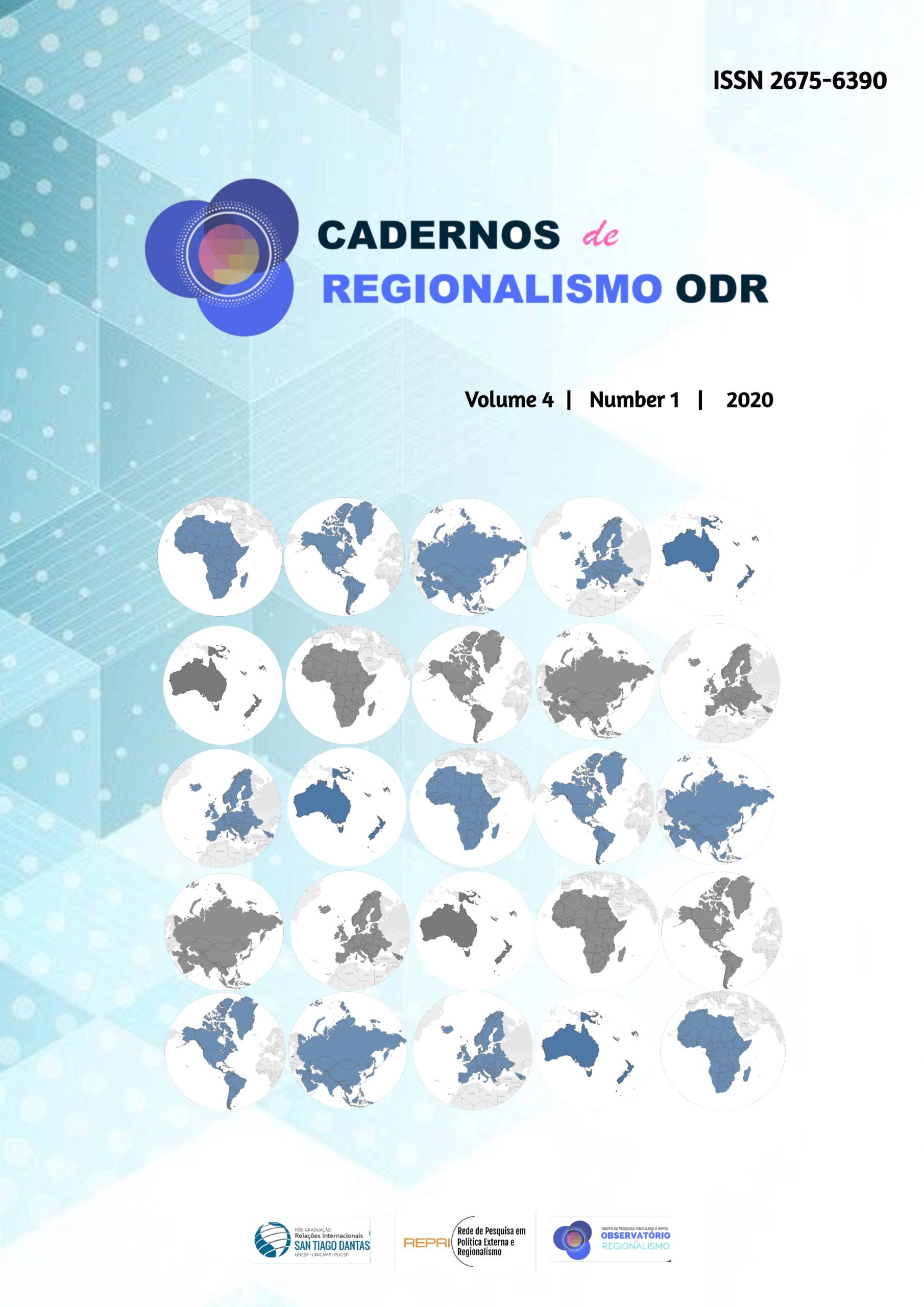
2020 is being considered an unique year in the history of contemporary international relations, as it has been the stage for one of the most singular events of the present century. The pandemic caused by the novel coronavirus (SARSCoV-2), also known as COVID-19, affected different spheres of society, severely impacting relations between countries. On January 30, the World Health Organization (WHO) declared a world emergency, calling for the efforts and attention of governments, states, world leaders, international institutions, and civil society organizations, for the global health agenda.
No single country would be prepared to face the COVID-19 pandemic and its developments in the economic, social, and political spheres. The new context imposes challenges and demands quick responses even to another situation of conformed interdependence. The pandemic involved the use of multiple joint efforts by states, governments, and institutions to tackle the negative effects of COVID-19, which vigorously spread throughout the world. In different measures, regional institutions have also been forced to act on the behalf of the societies of their Member States.
The Dossier of the Observatório de Regionalismo (ODR) dedicated its studies in this edition, to identify and analyze how regional organizations worked in different ways to face the adverse effects of COVID-19. Researchers and graduate students dedicated
themselves to mapping and understanding the policies adopted by different regional institutions, revealing how integration processes can lead to effective actions in the face of common problems between states.
The production is the result of the collaboration of several researchers, members of the Regionalism Observatory, who have contributed as organizers, authors, reviewers, and graphics editor. The group also relied on the support of its host institution, the Graduate Program in International Relations San Tiago Dantas (UNESP – UNICAMP – PUC-SP) and the Research Network on Foreign Policy and Regionalism (REPRI).
To access the pdf version, just click here. The Dossier is also available in the original Portuguese version here.



